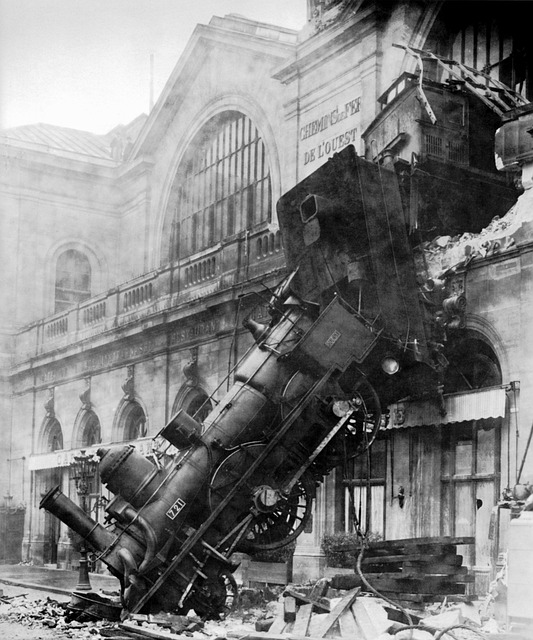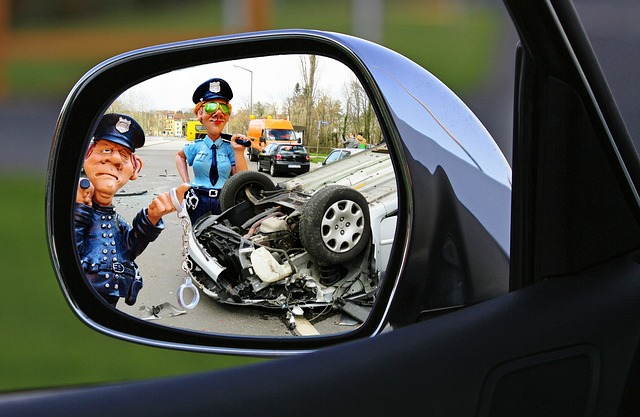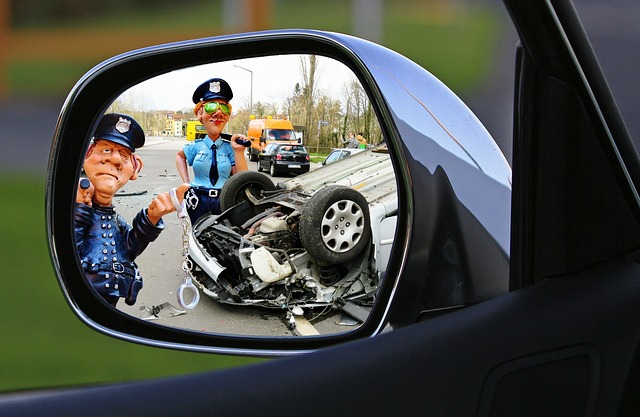Rideshare Safety Litigation in Brooklyn focuses on holding bus companies accountable for their safety standards through legal cases arising from passenger harm due to negligence or unsafe practices. These cases emphasize the legal responsibilities of bus companies, including safety regulations adherence, vehicle maintenance, and driver training. Notable collisions like a school bus vs. private vehicle incident have set precedents for improved driver training and oversight. Navigating these complexities is crucial for ensuring accountability, protecting passengers, and encouraging higher safety standards through strategic legal arguments and comprehensive evidence gathering by specialized attorneys.
Rideshare safety has become a paramount concern, driving litigation across the nation. This article offers a comprehensive overview of Rideshare Safety Litigation, focusing on bus company liability cases in Brooklyn as real-world examples. We explore the legal complexities involved and strategic approaches to enhance safety while holding companies accountable. By examining these cases, we aim to shed light on the ongoing efforts to ensure passenger security and transparency within the rideshare industry.
- Understanding Rideshare Safety Litigation: A Comprehensive Overview
- Bus Company Liability Cases in Brooklyn: Real-World Examples and Implications
- Navigating Legal Complexities: Strategies for Ensuring Safety and Holding Companies Accountable
Understanding Rideshare Safety Litigation: A Comprehensive Overview

Rideshare Safety Litigation involves legal cases focused on ensuring safety standards in the rideshare industry, particularly regarding bus company liability. These cases stem from incidents where passengers face harm due to negligence or unsafe practices by bus companies operating as rideshare services. In Brooklyn and other urban areas, where public transportation is a primary mode of commute, bus company liability cases are becoming increasingly prominent.
Understanding the nuances of these lawsuits requires delving into the legal responsibilities of bus companies. They must adhere to safety regulations, maintain proper vehicle conditions, and ensure competent driver training. Legal disputes arise when these obligations are breached, leading to accidents or injuries. Comprehending these cases is crucial for both passengers, who can seek justice and compensation, and bus companies, which must enhance their safety measures to avoid legal repercussions in the vast landscape of Bus Company Liability Cases Brooklyn.
Bus Company Liability Cases in Brooklyn: Real-World Examples and Implications

In recent years, bus company liability cases in Brooklyn have brought significant attention to safety standards and legal repercussions within the public transportation sector. These real-world examples highlight the potential for substantial financial implications when bus companies are found negligent in ensuring passenger safety. One notable case involved a collision between a school bus and a private vehicle, leading to multiple injuries and a subsequent lawsuit against the bus company for inadequate training and oversight of drivers. The settlement reached set a precedent for similar cases, emphasizing the direct link between proper driver training and accident prevention.
The implications extend beyond financial compensation; these cases shed light on the importance of robust safety protocols and regular inspections. Bus companies must implement comprehensive risk management strategies to mitigate potential hazards, including well-maintained vehicles, up-to-date driver certifications, and effective emergency response plans. As a result, bus company liability cases in Brooklyn serve as a critical tool for enhancing passenger safety and holding transportation services accountable for their operational decisions.
Navigating Legal Complexities: Strategies for Ensuring Safety and Holding Companies Accountable

Navigating the legal complexities surrounding rideshare safety is paramount in ensuring accountability and protecting passengers. In cases involving bus company liability, such as those in Brooklyn, understanding the intricate web of regulations and laws is essential. When accidents occur, passengers often seek justice and compensation for their injuries through litigation. This process requires strategic legal approaches to navigate the unique challenges posed by these complex cases.
Attorneys specializing in Bus Company Liability Cases Brooklyn must thoroughly examine the circumstances, including vehicle maintenance records, driver training protocols, and company safety policies. By gathering comprehensive evidence, they can build strong arguments to hold bus companies accountable for their negligence or oversight. These strategies not only ensure fair compensation for victims but also serve as a powerful deterrent, encouraging bus companies to maintain higher safety standards.
Rideshare safety litigation, as exemplified by bus company liability cases in Brooklyn, highlights the intricate balance between passenger safety and legal complexities. Understanding these dynamics is paramount for navigating a landscape where holding companies accountable requires strategic legal approaches. By learning from real-world examples, stakeholders can foster a safer rideshare environment while ensuring justice for all involved. This comprehensive overview underscores the importance of continuous evaluation and adaptation to enhance passenger protection in the ever-evolving rideshare industry.
